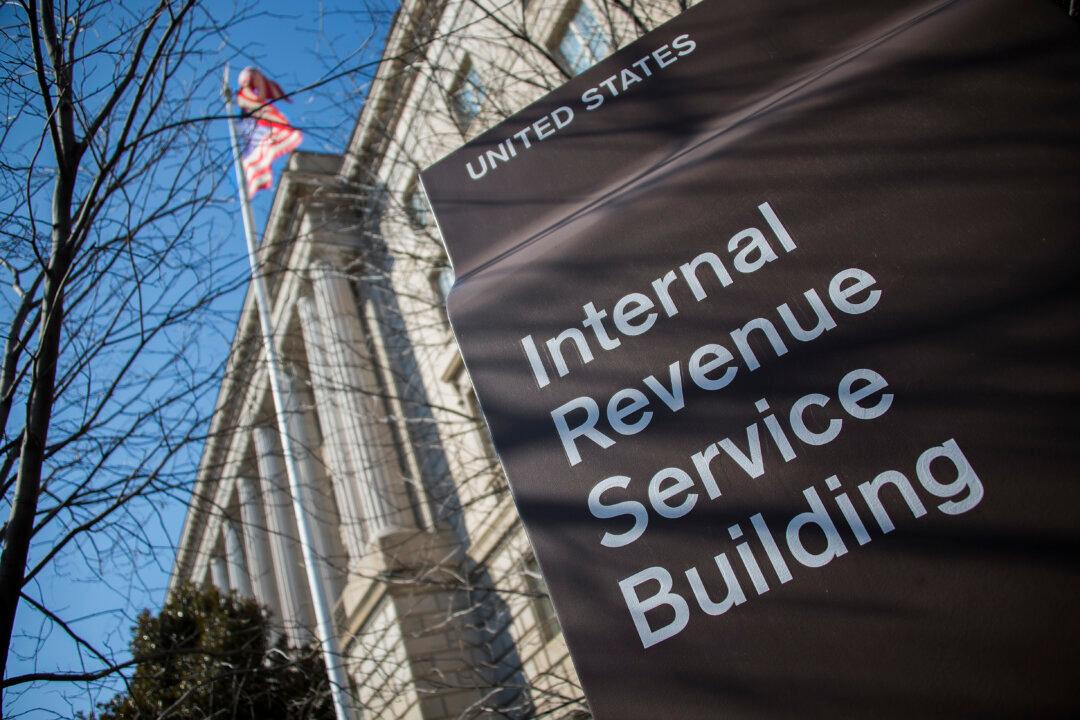The Supreme Court has agreed to hear a case about the IRS seizing bank account holder records to collect a debt from a different taxpayer.
The Dec. 9 ruling comes as some federal lawmakers in the new Congress that will be seated next month prepare to grapple with President Joe Biden’s attempt to boost enforcement efforts by the IRS. The Biden-backed Inflation Reduction Act, which the president signed into law in August, allocated almost $80 billion to the IRS over the coming 10 years for increased enforcement. An estimated 87,000 new IRS agents will be hired.





